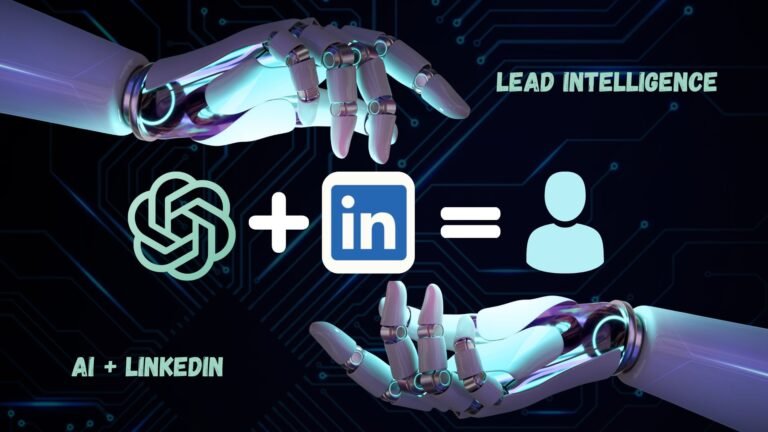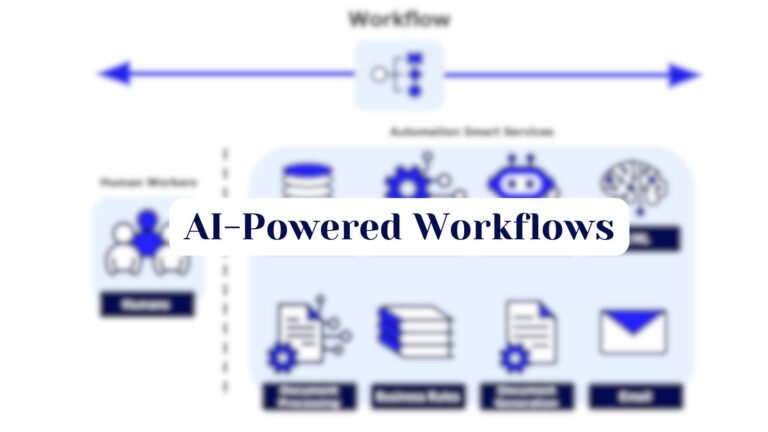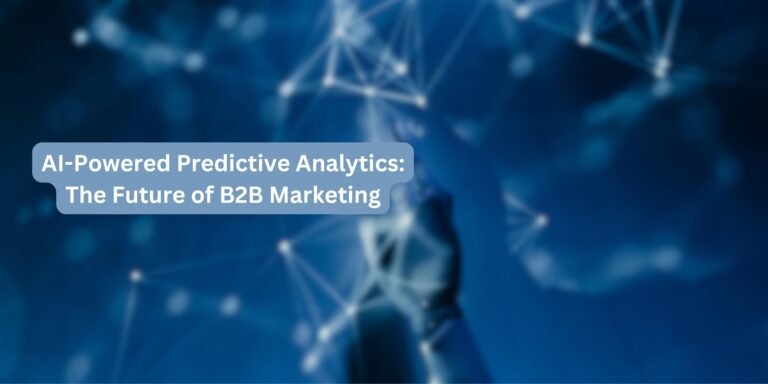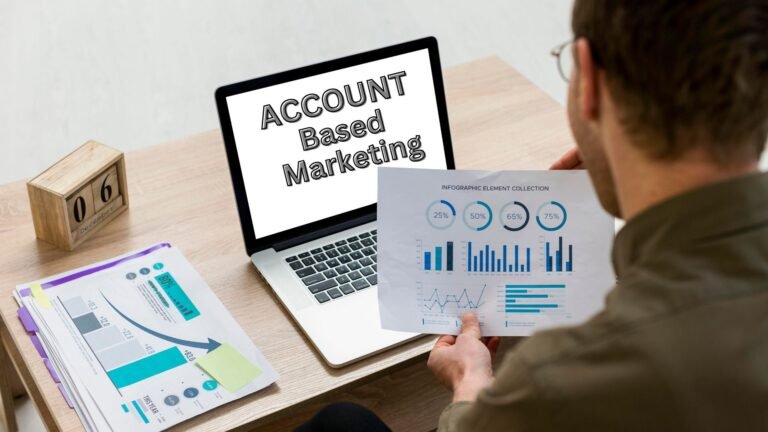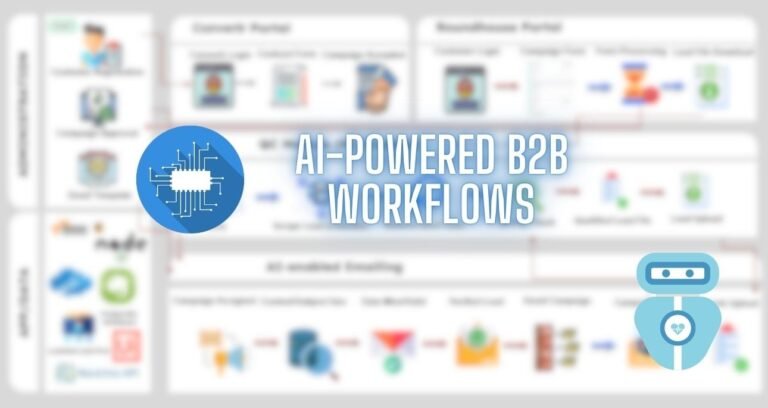How AI Can Automate and Optimize Your B2B Sales Funnel
The B2B sales funnel is a complex journey, involving multiple touchpoints, lengthy decision-making processes, and diverse buyer personas. Managing this funnel efficiently can be challenging, especially in today’s fast-paced digital landscape. Enter artificial intelligence (AI): a transformative technology that is reshaping the way businesses approach sales and marketing. By automating repetitive tasks, analyzing data, and providing actionable insights, AI helps optimize the B2B sales funnel from top to bottom.
Understanding the B2B Sales Funnel
The B2B sales funnel typically consists of three main stages:
- Top of the Funnel (TOFU): Awareness
- Attracting potential leads and creating brand awareness.
- Middle of the Funnel (MOFU): Consideration
- Nurturing leads and providing valuable information to guide their decision-making process.
- Bottom of the Funnel (BOFU): Decision
- Converting leads into customers through tailored offers and direct engagement.
AI can play a pivotal role at each stage, ensuring that the right strategies are implemented to maximize efficiency and outcomes.
How AI Automates the Sales Funnel
- Lead Generation and Qualification
- AI-powered tools analyze vast datasets to identify high-potential leads based on predefined criteria such as industry, company size, and engagement history.
- Predictive analytics ranks leads by their likelihood to convert, enabling sales teams to focus on the most promising prospects.
- Personalized Outreach
- AI-driven algorithms segment audiences and craft personalized messages tailored to their specific needs and preferences.
- Automated email campaigns and chatbots ensure timely communication, enhancing engagement without requiring constant manual intervention.
- Data-Driven Insights
- AI analyzes customer behavior and engagement patterns to provide actionable insights.
- These insights help refine strategies, ensuring that marketing efforts align with customer expectations and pain points.
- Sales Forecasting
- AI uses historical data and market trends to predict future sales performance.
- Accurate forecasting helps businesses allocate resources effectively and set realistic goals.
- Workflow Automation
- Routine tasks such as data entry, follow-ups, and scheduling are automated, freeing up time for sales teams to focus on building relationships.
- AI-integrated CRM systems streamline operations and ensure that no lead falls through the cracks.
How AI Optimizes the Sales Funnel
- Enhanced Lead Nurturing
- AI-powered tools identify the optimal time and channel to engage with leads, ensuring that interactions are timely and relevant.
- Dynamic content recommendations guide prospects through the funnel, addressing their unique needs at each stage.
- Improved Conversion Rates
- By analyzing successful conversions, AI identifies patterns and best practices that can be replicated across campaigns.
- Real-time insights enable quick adjustments to strategies, improving overall conversion rates.
- Customer Retention
- AI monitors post-sale interactions to identify upselling and cross-selling opportunities.
- Predictive analytics highlights customers at risk of churn, enabling proactive retention strategies.
- Performance Metrics
- AI tracks key performance indicators (KPIs) across the sales funnel, providing a clear picture of what’s working and what needs improvement.
- Dashboards and visualizations make it easy to interpret data and make informed decisions.
Real-World Applications of AI in B2B Sales Funnels
- Chatbots for Lead Engagement
- AI chatbots provide instant responses to inquiries, qualifying leads and directing them to the appropriate resources.
- This ensures a seamless experience for prospects while reducing the workload for sales teams.
- Predictive Lead Scoring
- AI tools like Salesforce Einstein and HubSpot leverage predictive analytics to score leads based on their likelihood to convert.
- Sales teams can prioritize high-value leads, improving efficiency and outcomes.
- Content Optimization
- AI tools analyze engagement data to determine which types of content resonate most with audiences.
- Marketers can use these insights to create more effective campaigns that drive leads through the funnel.
Benefits of AI in the B2B Sales Funnel
- Time Savings
- Automation reduces manual tasks, allowing teams to focus on strategic activities.
- Cost Efficiency
- Optimized workflows and targeted strategies reduce wasted resources, maximizing ROI.
- Scalability
- AI-powered tools can handle large volumes of data and interactions, making it easier to scale operations.
- Enhanced Customer Experience
- Personalized and timely interactions improve customer satisfaction and loyalty.
Challenges and Solutions
- Data Quality
- AI’s effectiveness depends on the quality of data. Regular data cleansing and validation processes are essential.
- Integration
- Integrating AI tools with existing systems can be complex. Choosing compatible solutions and working with experienced vendors can mitigate this challenge.
- Skill Gaps
- Leveraging AI requires a skilled workforce. Investing in training and hiring experts can bridge this gap.
Conclusion
AI is revolutionizing the B2B sales funnel by automating repetitive tasks, providing data-driven insights, and optimizing every stage of the customer journey. By embracing AI-powered tools, businesses can improve efficiency, enhance customer experiences, and achieve better outcomes. As technology continues to evolve, the integration of AI into B2B sales funnels will become not just a competitive advantage but a necessity for success.



